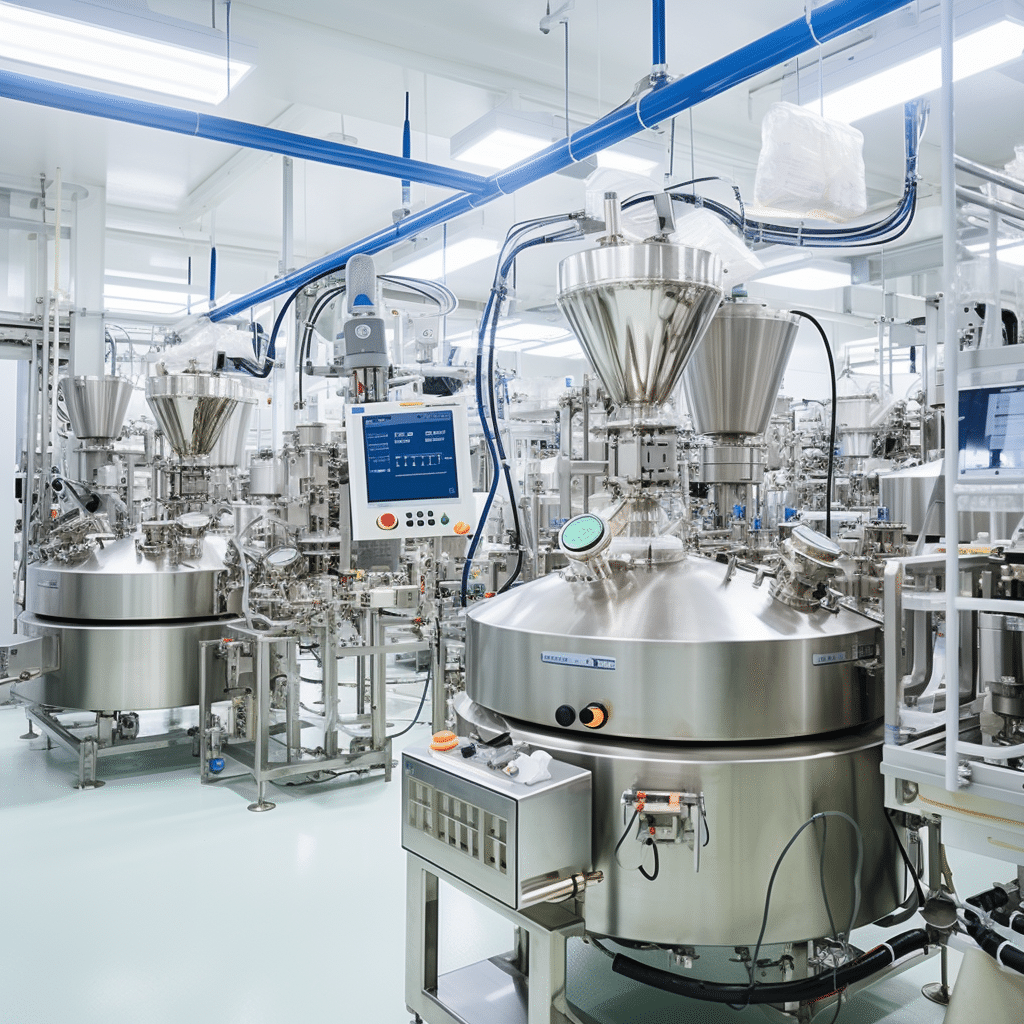
Introduction: The Cellular Engine and Energy Crisis
As we age or face chronic stress, our cells struggle to maintain energy production. This is largely due to declining mitochondrial function, which plays a central role in converting nutrients into usable energy (ATP). One molecule has been extensively studied for its ability to restore this vital process: Coenzyme Q10 (CoQ10). Found in nearly every cell in the body, CoQ10 is essential for mitochondrial health, cellular energy, and combating fatigue. In this article, we explore how CoQ10 works, what the science says, and why it’s a core ingredient in anti-aging and energy-enhancing formulas.
What Is CoQ10?
CoQ10, or ubiquinone, is a fat-soluble antioxidant naturally produced by the body. It resides in the inner mitochondrial membrane, where it helps shuttle electrons along the electron transport chain—a key step in ATP synthesis.
- Natural Sources: Found in beef, oily fish, spinach, and whole grains
- Forms: Ubiquinone (oxidized form) and Ubiquinol (reduced form)
- Peak Levels: Natural CoQ10 production declines significantly after age 30
How CoQ10 Supports Mitochondrial Function
Mitochondria are the powerhouse of the cell, and CoQ10 is one of their most important coenzymes.
- Electron Transport Chain (ETC): CoQ10 shuttles electrons between Complex I/II and Complex III, enabling ATP production
- Redox Function: It cycles between oxidized and reduced states, helping reduce oxidative stress in mitochondria
- Membrane Stabilization: CoQ10 protects mitochondrial membrane lipids from peroxidation
Scientific Data:
- A 2014 meta-analysis in the Journal of the American College of Cardiology found that CoQ10 supplementation significantly improved heart function in chronic heart failure patients.
[Source: https://www.jacc.org/doi/full/10.1016/j.jacc.2014.02.618]
Fighting Fatigue and Enhancing Vitality
Low CoQ10 levels have been linked to fatigue syndromes, especially in aging populations, athletes under heavy load, and individuals with chronic illnesses.
- Chronic Fatigue: Patients with chronic fatigue syndrome often show reduced mitochondrial CoQ10 levels
- Exercise Performance: Supplementation has been shown to reduce post-exercise fatigue and improve VO2 max
- Cognitive Energy: CoQ10 may improve mental clarity in individuals experiencing “brain fog”
Clinical Evidence:
- A double-blind study published in Neuro Endocrinology Letters (2012) reported that 200 mg/day of CoQ10 significantly improved fatigue symptoms in patients with ME/CFS over 12 weeks.
[Source: https://pubmed.ncbi.nlm.nih.gov/23391940]
Choosing the Right CoQ10 Supplement
Form matters when it comes to CoQ10 absorption:
- Ubiquinol vs Ubiquinone: Ubiquinol is more bioavailable, especially in older adults
- Liposomal Delivery: New delivery systems like liposomes enhance stability and absorption
- Synergistic Ingredients: Pairing with PQQ or Vitamin E improves mitochondrial outcomes
Tip for Buyers: Look for CoQ10 with purity ≥95%, stability data, and batch-level COA (certificate of analysis).
Conclusion: Energize from the Cellular Level
CoQ10 isn’t just another antioxidant; it’s a vital component of mitochondrial energy production. Whether you’re combating aging, recovering from exertion, or supporting cardiovascular and brain health, CoQ10 offers a well-researched, safe, and effective path to cellular vitality.